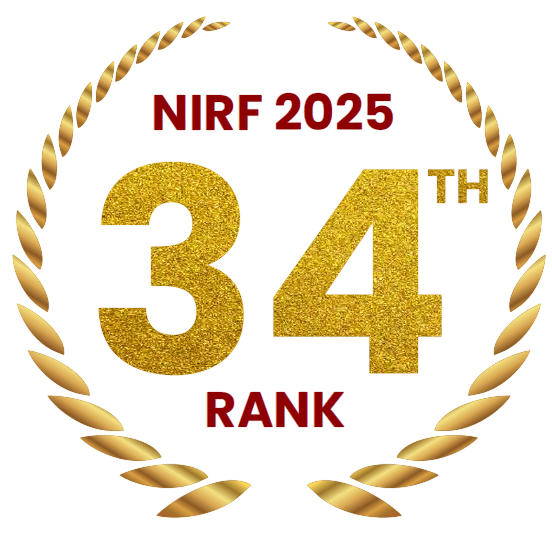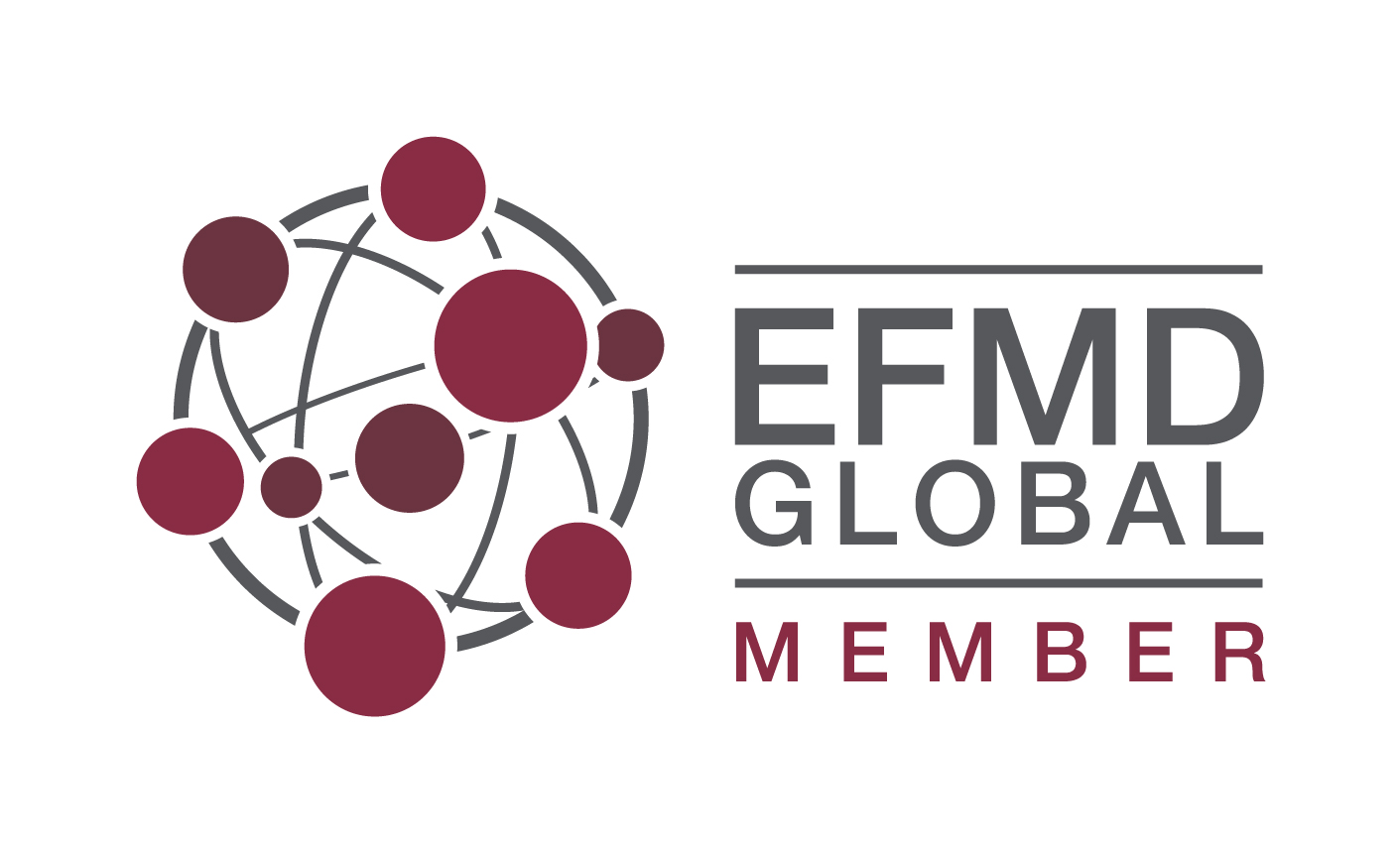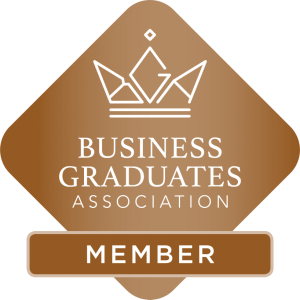Indian Institute Of Management Sambalpur
- ABOUT US
- BACHELORS OF SCIENCE (B.S.) PROGRAMMES
- PROGRAMMES
- Master of Business Administration (MBA)
- Master of Business Administration in Business Analytics (MBA-BA)
- Executive MBA
- Foundation Programme in Management [FPIM]
- MBA FOR WORKING PROFESSIONALS, IIM SAMBALPUR-DELHI CAMPUS
- PhD
- PhD in Management for Working Professionals
- MBA in Fintech Management
- MDP
- ExePhD -IIM Sambalpur & DBA -Bordeaux University(Dual Degree)
- CENTRE OF EXCELLENCE
- FACULTY
- RESEARCH & CONSULTANCY
- INTERNATIONAL & CORPORATE
- PLACEMENT
- STUDENTS CORNER

Home Curriculum
Curriculum
The first year of the Programme provides the participants with a thorough grounding in the functional areas of Management. The first-year courses in the core curriculum are common to all participants. The rigour of the programme will enable them to enter into any stream of management when they embark upon a career, regardless of the choice of specialization they make in the second year. The first year also lays the foundations for moulding a unique IIM Sambalpur brand where, as stated earlier, a concern for the wider society and an abiding value system are firmly imprinted.
The summer internship is an important building block of the programme. While offering an opportunity to put learning into practice, it also serves as an important experiential channel for participants to identify their preferences on various specializations and design a sound career path for themselves. In the second-year, the participants are given the opportunity to choose elective courses from a number of functional areas, viz., Economics, Financial Management and Accounting, Information Systems Management, Production and Operations Management, OB &Human Resource Management, Marketing Management, and Policy & Strategy Management.
Programme Structure And Courses
First year of MBA, consisting of three terms, begins normally in June/July and ends in March next year. The participants go for summer internships at the end of third Term for a period of 8-10 weeks (tentatively, April 1st week to June 1st week). The second-year classes continue from last week of June to last week of February next year followed by the Convocation in March end
Each Course in the MBA Programme is structured around the concept of credits. Each credit represents 10 hours of contact sessions. Participants should note that 10 hours of class instruction essentially requiresa minimum of additional25-30 hours of preparation in the form of self-study and peer-group study indicating at least 40 hours are neededfor a 1-credit course.
Instructors adopt multiple pedagogical tools including lecture-discussions, case method, problem-solving exercises, psychometric tests, behavioral and computer-based simulations, projects, class presentations, and various forms of technology-based learning such as multi-media, and e-learning, to facilitate the effective learning. Self and group studies are given higher emphasis over the lecture-based study.





